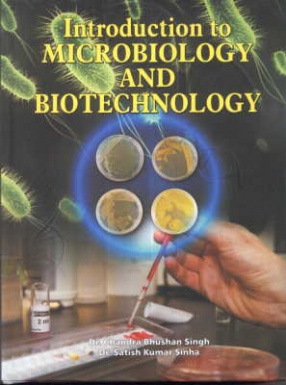
Showing all 11 books

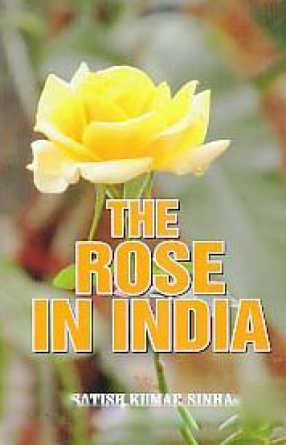
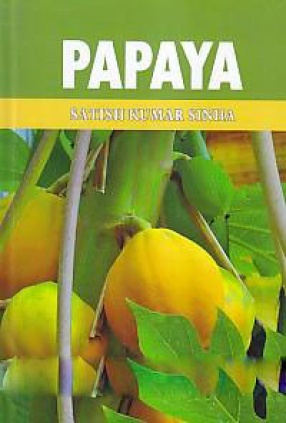
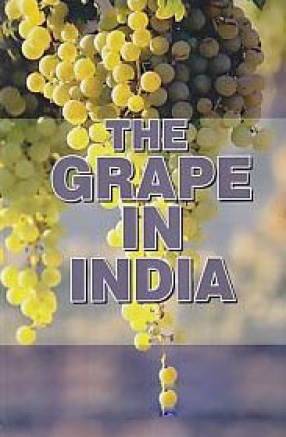
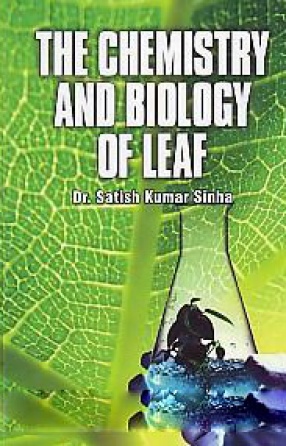
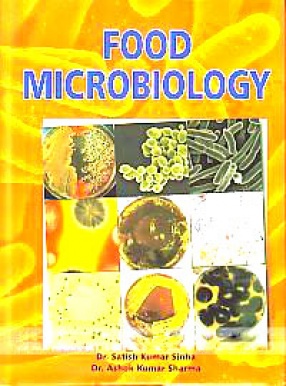
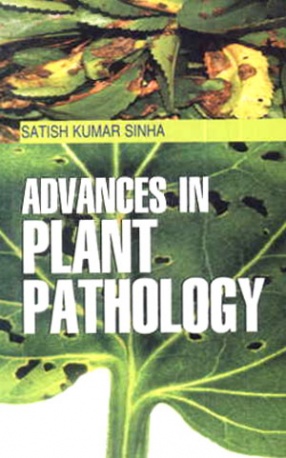

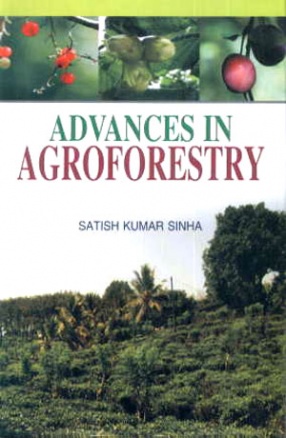
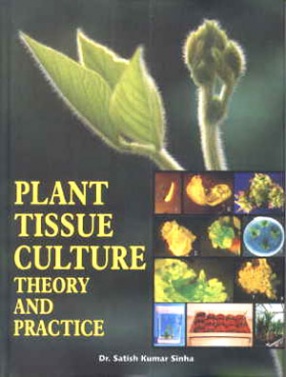

The meaning or the definition of the word biotechnology has been the subject of hot debate by scientists and technocrats. The definition depends on the extent of expertise a group or an individual has with regard to cell biology. It also depends on the needs of a society or a country one lives in. the use of microorganisms or their products for food, feed, biofertilizers, biopesticides and medicine is discovered during the last 60 years. The major developments in ...





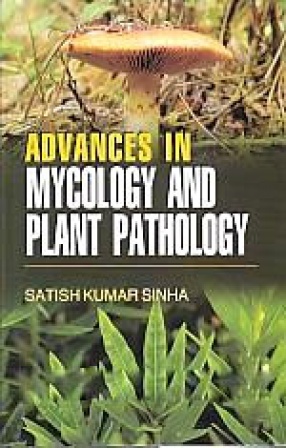

Plant Pathology is the scientific study of plant disease caused by pathogens (infectious diseases) and environmental conditions (physiological factors). Organisms that cause infectious disease include fungi, oomycetes, bacteria, viruses, viroids, virus-like organisms, phytoplamas, protozoa, nematodes and parasitic plants. Not included are ectoparasites like insects, mites, vertebrate or other pests that affect plant health by consumption of plant tissues. Plant ...

Haploid microspores develop from microsporocytes in the anthers and give rise to pollen grains containing two cells: the tube cell and the generative cell. At about the time of pollination, the latter cell divides and produces two sperm. This three celled pollen grain is the immature male gametophyte (microgametophyte). The female gametophyte, the megagametophyte, develops in the ovary and at the same time the male gametophyte is developing in the anthers. While ...

Agroforestry is defined by some as a dynamic, ecologically-based natural farm management system that, along with agriculture and the integration of trees on farms, has many environmental benefits. Put simply, agroforestry is using trees on farms. Trees can provide many products such as timber, fodder, fuelwood, medicines and oils. It also helps to conserve soil, enhance soil fertility, and provide shelter belts for crops and fruit trees. Queries have been raised ...

The issue obtained from the plant to culture is called an explant. Based on work with certain model systems, particularly tobacco, it has often been claimed that a totipotent explant can be grown from any part of the plant. However, this concept has been vitiated in practice. In many species explants of various organs vary in their rates of growth and regeneration, while some do not grow at all. The choice of explant material also determines if the plantlets ...
